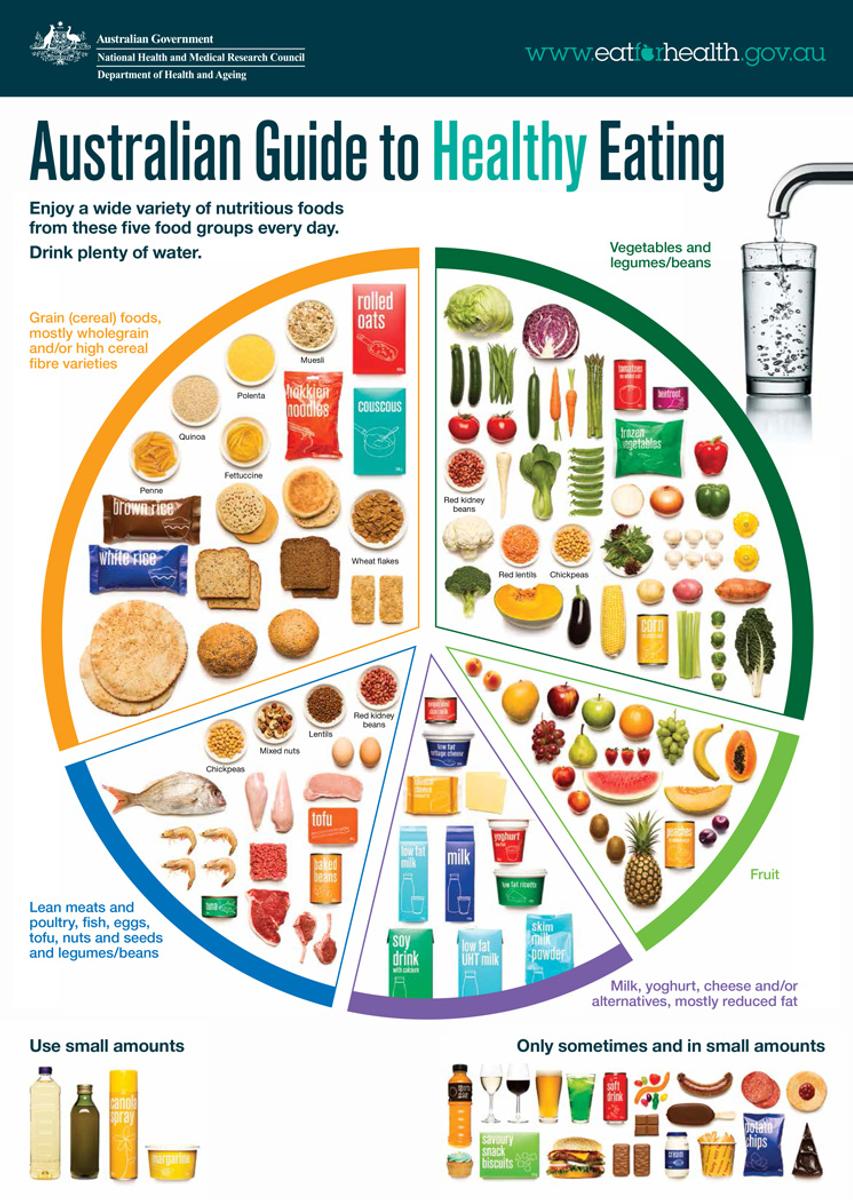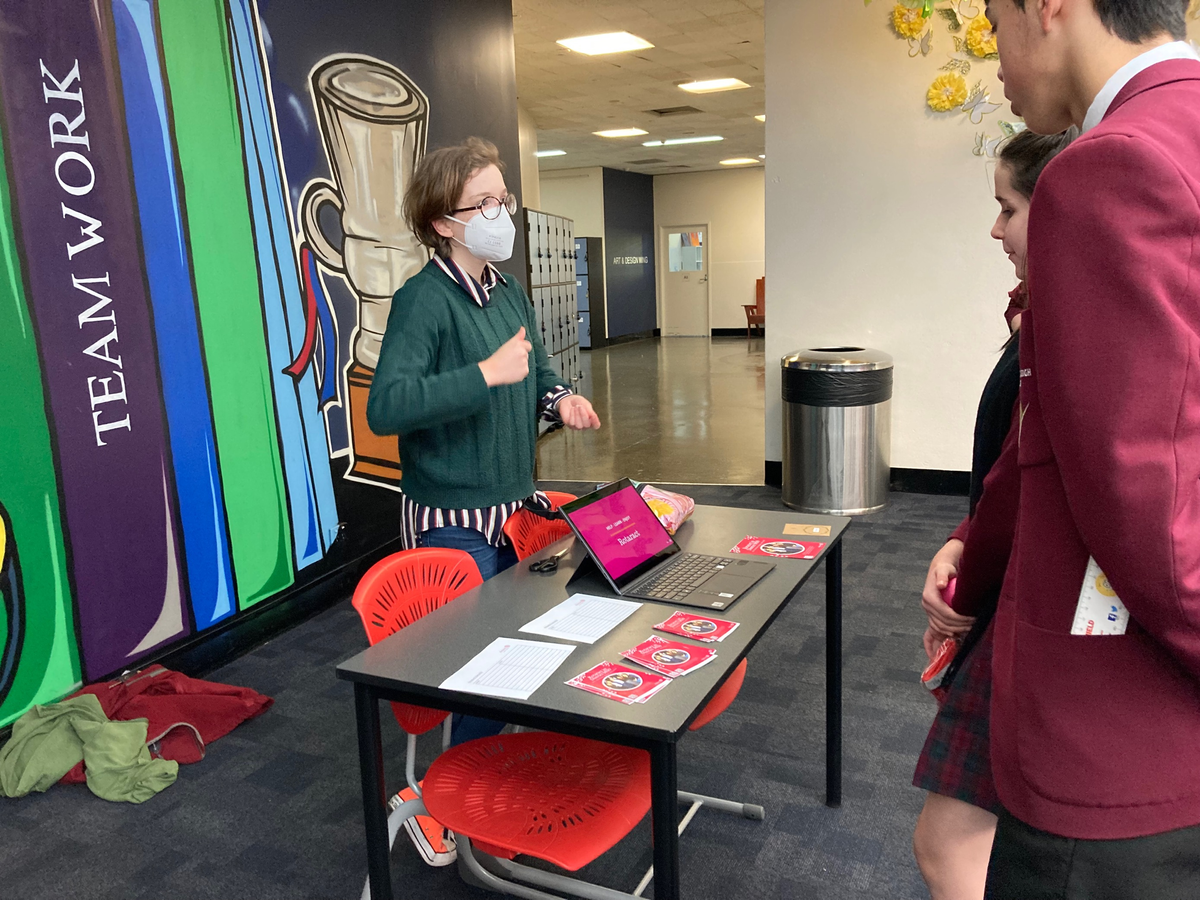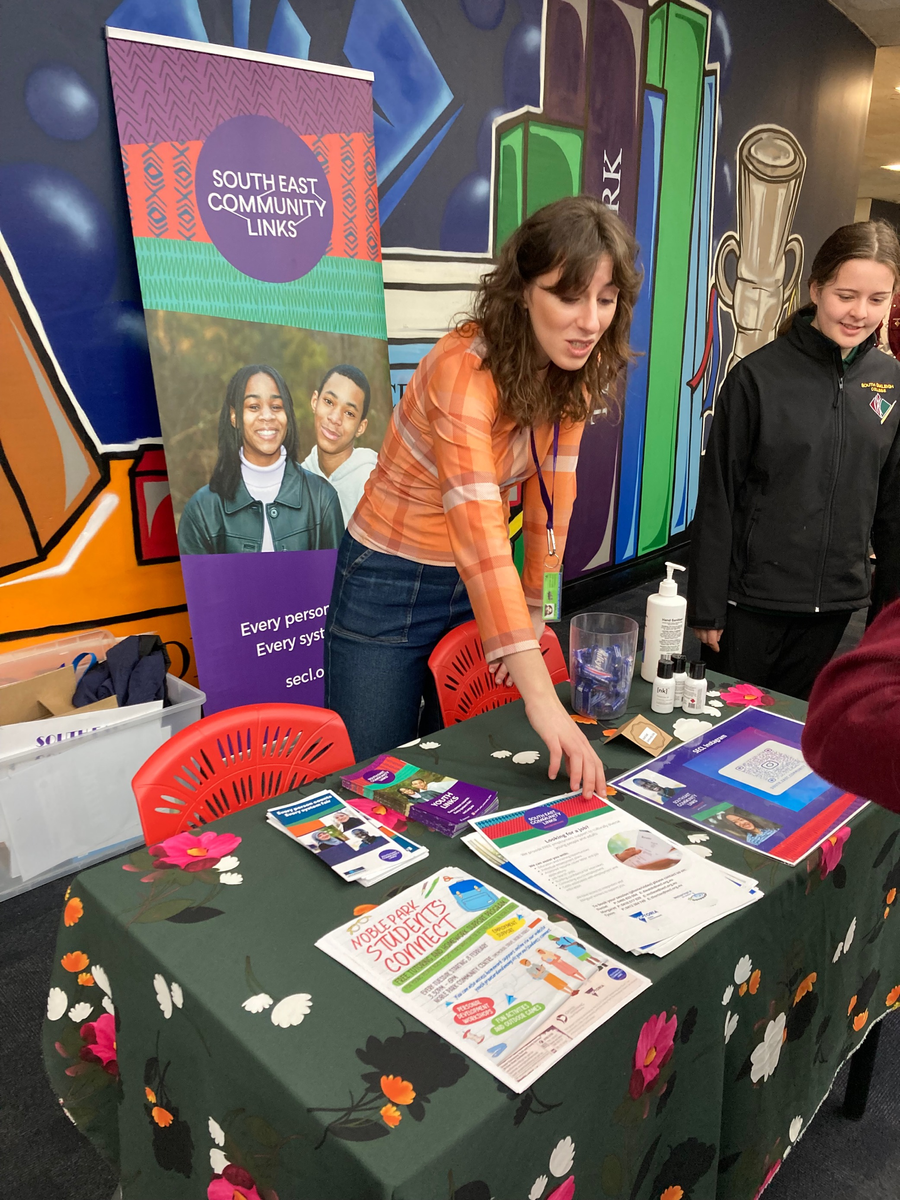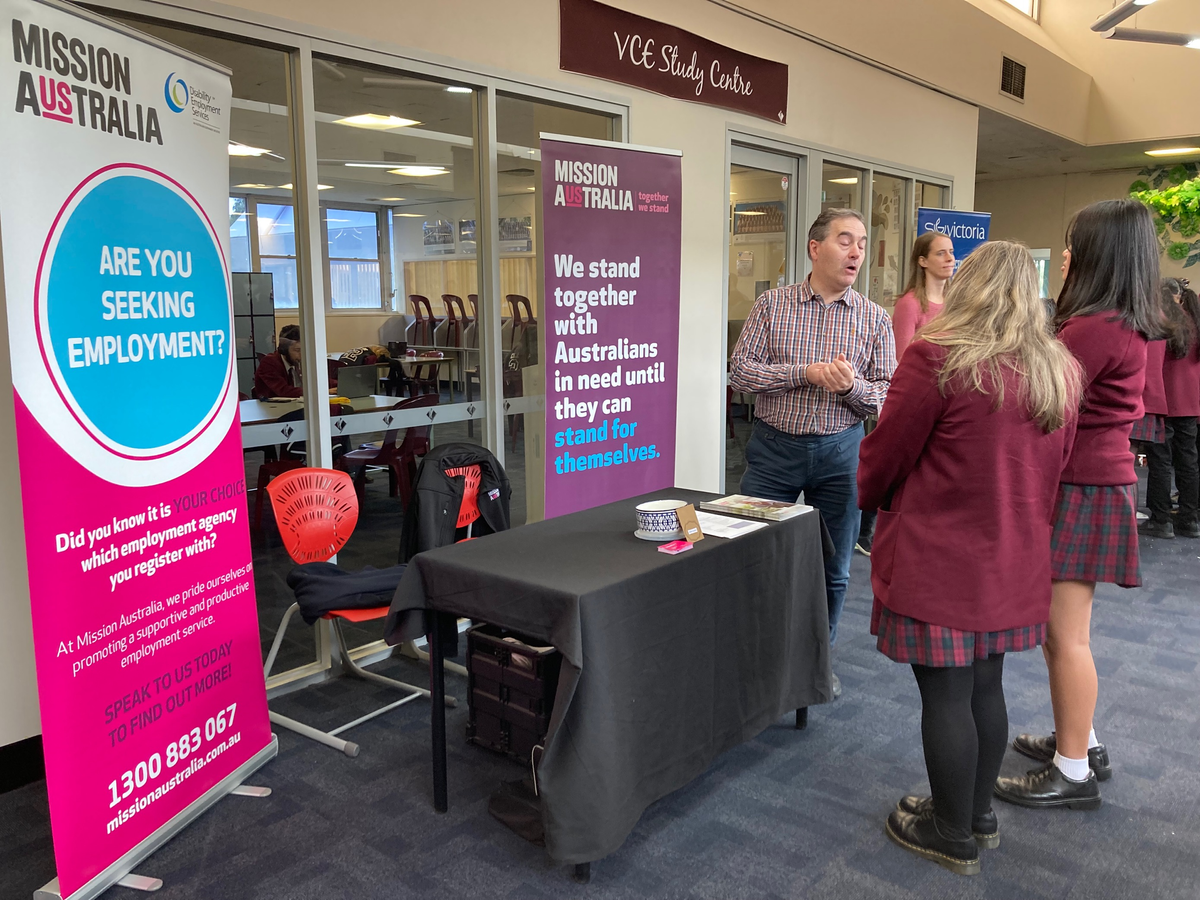Wellbeing
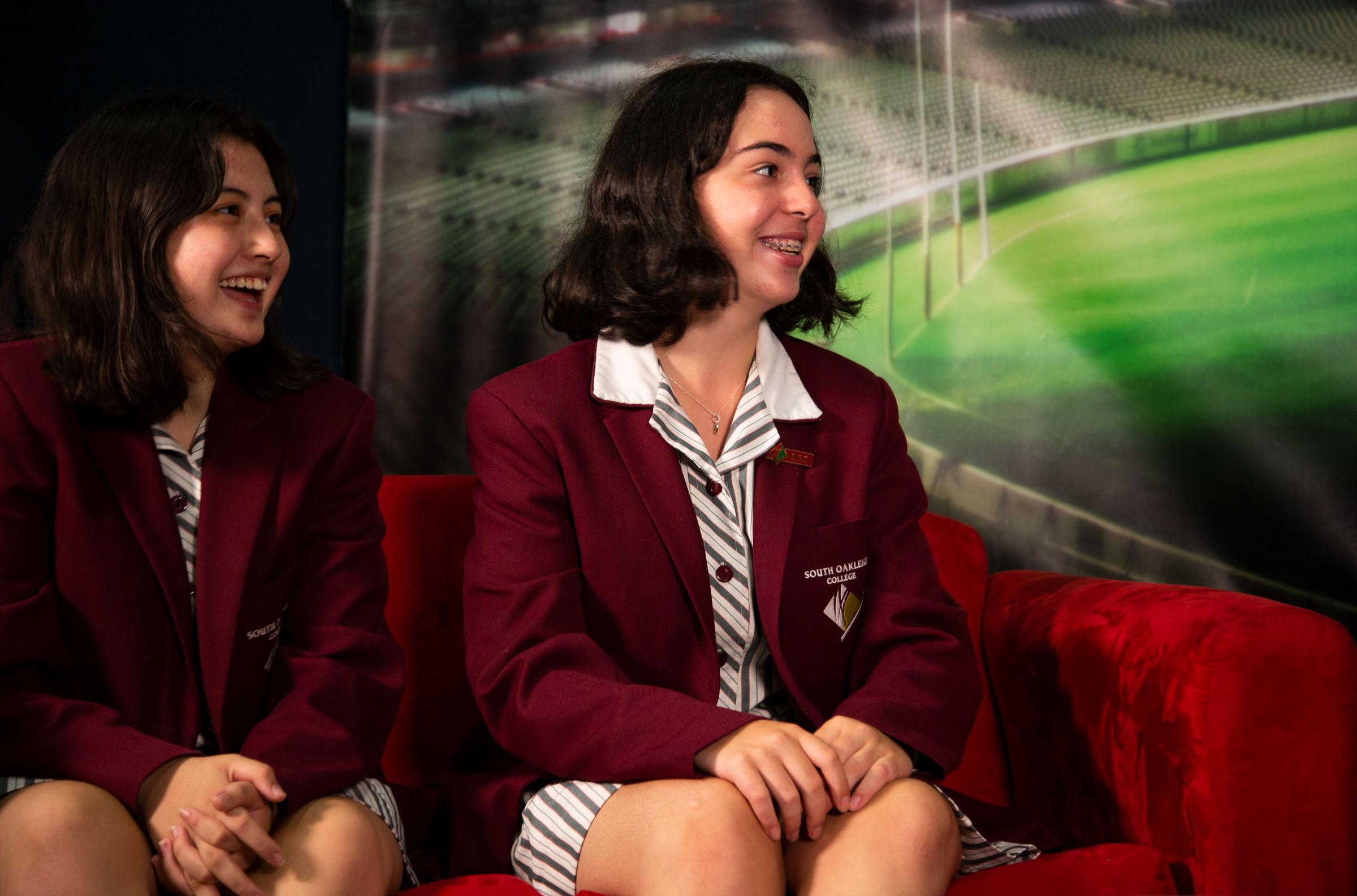
Tips for Eating Well
Children and young people should eat sufficient nutritious foods to grow and develop normally. They should be physically active every day and their growth should be checked regularly. Here are some tips for eating well.
Eating regularly
A planned pattern of eating is more likely to include the recommended number of serves from the five food groups as per Australian Guide to Healthy Eating. A spontaneous, unstructured eating pattern is more likely to include too many discretionary foods, which means too much saturated fat, added sugars, added salt and kilojoules at the expense of fibre and important nutrients.
Don't skip breakfast
Breakfast skippers are more likely to be tempted by unplanned discretionary choices during the morning and large serves at the next meal or snack.
People who regularly eat a breakfast based on wholegrain cereal or bread, milk or yogurt and maybe some fruit or vegetables are much more likely to be eating well than those who skip breakfast.
Eat with other people, not screen
People who eat with others and eat at the dining table are more likely to eat regularly and eat well than those who don't. Meals with others tend to include more foods from the five food groups.
Eating while eyes on a screen is associated with eating more discretionary foods. It also makes it much more difficult to recognise and respond to our body's signals about hunger and satiety.
The above information has been sourced from EATFORHEALTH.GOV.AU
Woolworths Fruit Box Donation
A big THANK YOU to our local Woolworths Oakleigh South for donating SOC a fruit box weekly this term. The fruit boxes offer a nutritious option for the students in need. Thank you!
SOC Wellbeing Team
Wellfest Community Expo
THANK YOU to all the agencies participated in the Wellfest Community Expo on 26 Jul. Our students and staff met with a range of local service providers, learning what they do and how they support young people and our community. It was evident that our students greatly enjoyed the Expo. We look forward to continuing working closely with these service providers.
(In alphabetical order)
- Fusion Oakleigh Youth and Community Centre
- Headspace Syndal
- Mission Australia
- Monash Youth Services
- Rotaract
- Salvation Army
- Scripture Union
- Sexual Health Victoria
- South East Community Links
Digital Thumbprint - Cyberbullying - Year 9 Incursion
On Tuesday the 12th of July, I attended the Digital Thumbprint incursion. Which was about Cyberbullying and your digital thumbprint. Dom the guy running the incursion gave me lots of helpful tips on what I should do if I was being cyberbullied or someone I knew was. He also even used real-life scenarios from things that have happened at other schools to better our understanding and awareness. Overall I found the incursion very interesting and helpful.
Ella Hunt
Year 9 Student
This last week, my peers and I had the opportunity to participate in a Cyber-safety incursion. Optus's digital thumbprint assembly was fantastic. It was extremely comprehensive, and easily explained and it was made fun and relatable by everyone presenting. As a teenager who spends so much of my time online, we often don't get the information on how to get help if we need it. Learning how to report inappropriate posts and deal with the dangers of the internet is a must for anybody in today's world. Many people don't know what to do when an online conversation goes south. Fortunately, we had such a well-done lesson from our teachers and the staff at Optus. I think this assembly was helpful to a lot of my friends and myself and we would love to see more Cyber-safety workshops for students in future.
Olivia Calder
Year 9 Student
Supporting young people to be safe, responsible and positive online is a key challenge for educators and parents alike. There is a range of free resources for parents and caregivers that support you to have effective conversations about what young people should and shouldn't share online, cyberbullying, and how digital technology can support effective study practices.
For more information on the Digital Thumbprint program please visit https://www.digitalthumbprint.com.au/parent-resources/
eSafety Commissioner also has excellent resources for parents and carers to help children have safe experiences online: https://www.esafety.gov.au/parents
Penny Hsiao
Health Promotion Nurse

